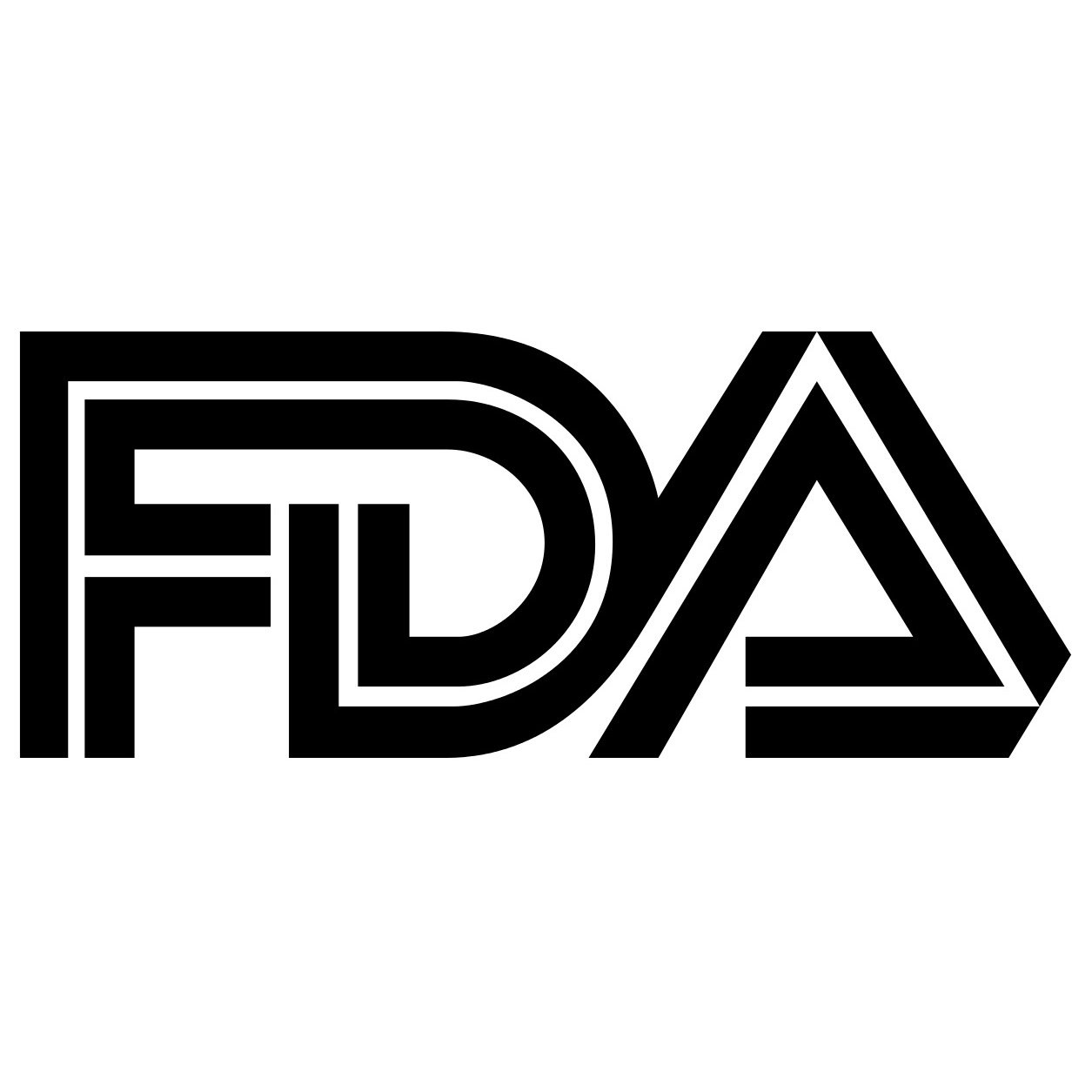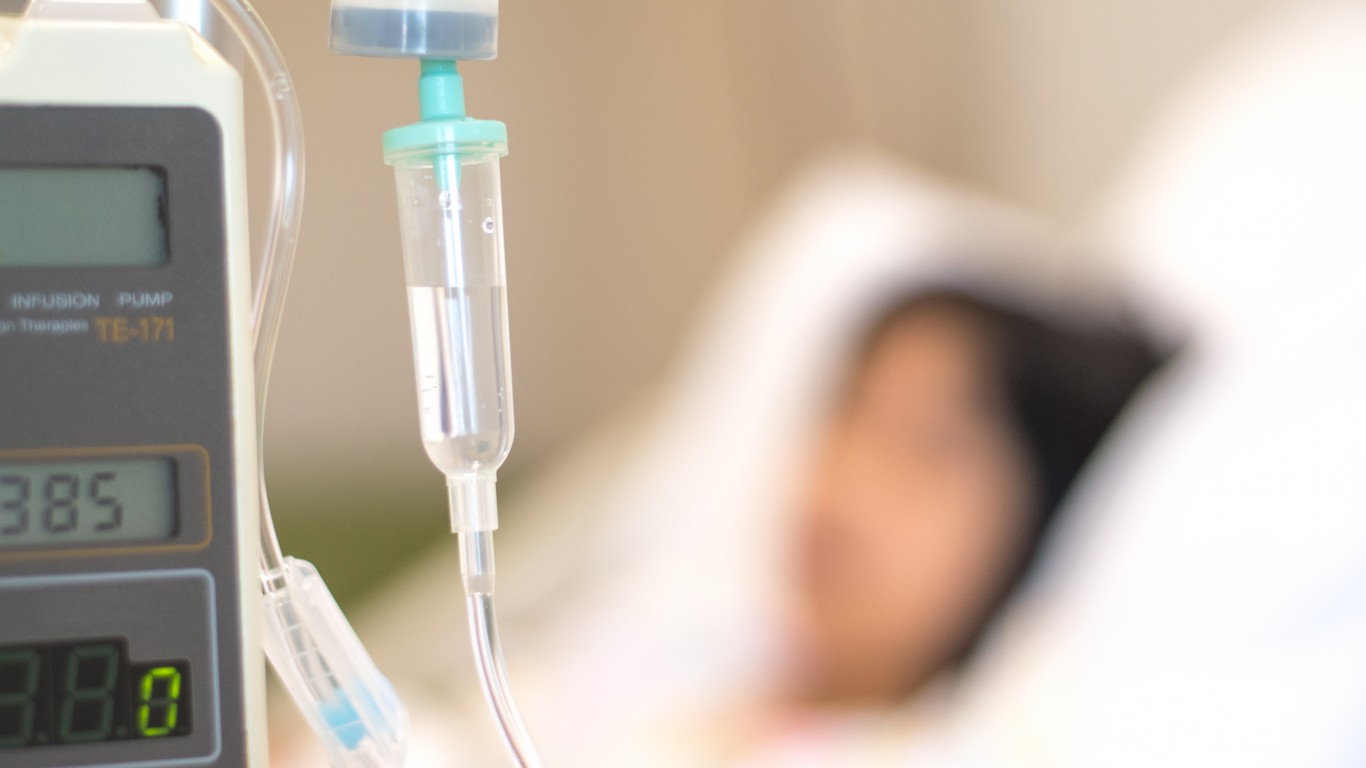

When the U.S. Food and Drug Administration (FDA) makes a decision to approve or reject a new product, that decision often dictates whether a small company will flourish or disappear. But the FDA also regulates a lot of other things, and it does not regulate a lot more.
A product advertised as “FDA-approved” may or may not have been approved by the agency, and, as in almost all marketplace decisions, it’s buyer beware of these claims.
The FDA does, of course, review and approve new drugs and some biologics, but most are not labeled as “FDA-approved” because prescription drugs cannot be marketed in the United States without FDA approval. When it approves a new drug, that means the agency has reviewed all the testing done by the manufacturer and determined that the benefits of the drug outweigh known risks for the intended use of the drug. The FDA does no testing of its own.
Here are some other things that do require FDA approval before being sold:
- Food additives, including food coloring
- Color additives in FDA-regulated products, including animal food, dietary supplements, drugs, cosmetics and some medical devices
- Animal drugs
- Some medical devices on a risk-based, tiered approach where a replacement heart valve must receive approval but a tongue depressor does not
- Human cells and tissues intended for use in humans
If you see the words “FDA-approved” in relation to or advertising for these products, you might want to check to see if the claim is true. The FDA’s logo is for official use only and may not be used to suggest that the agency endorses a company, a product or a service.
Here are products and services the FDA does not routinely review or approve:
- The FDA does not approve companies, although it does have the authority to inspect regulated facilities.
- The agency does not approve compounded drugs that a pharmacist or physician may make especially for an individual patient.
- No tobacco products are approved because there is no such thing as a safe tobacco product, according to the FDA.
- The FDA does not approve cosmetics, except for the color additives we’ve already noted.
- The agency does not approve medical food intended for use under the supervision of a physician.
- The FDA does not approve infant formula.
- The agency does not approve dietary supplements.
- Food labels and the nutrition panel found on marketed food products are not FDA-approved.
- The FDA does not approve structure-function claims on supplements and other foods; e.g., “Calcium builds strong bones.”
Check the FDA’s consumer updates page for more details and other consumer information from the FDA.
Sponsored: Attention Savvy Investors: Speak to 3 Financial Experts – FREE
Ever wanted an extra set of eyes on an investment you’re considering? Now you can speak with up to 3 financial experts in your area for FREE. By simply
clicking here you can begin to match with financial professionals who can help guide you through the financial decisions you’re making. And the best part? The first conversation with them is free.
Click here to match with up to 3 financial pros who would be excited to help you make financial decisions.
Thank you for reading! Have some feedback for us?
Contact the 24/7 Wall St. editorial team.



